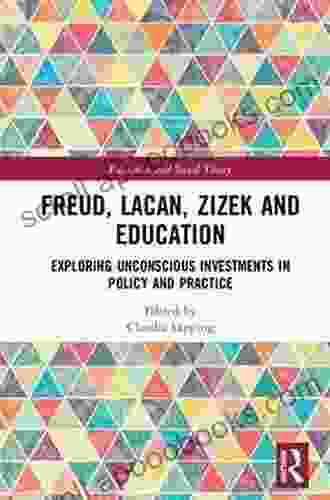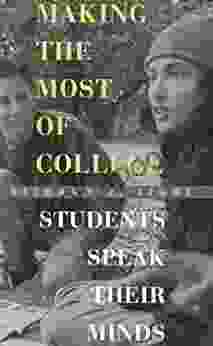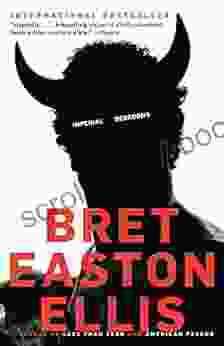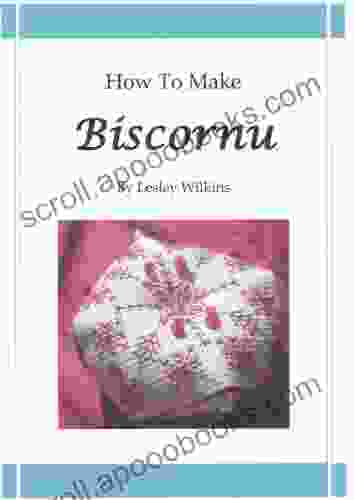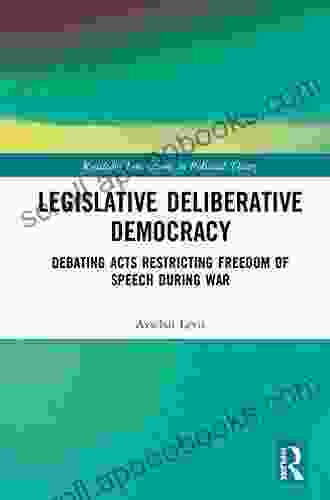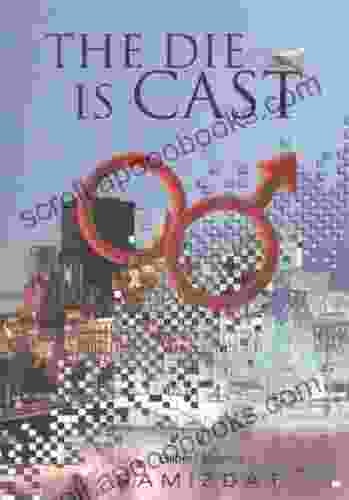Freud, Lacan, Žižek, and Education: A Journey into the Unconscious of Pedagogy

4.7 out of 5
| Language | : | English |
| File size | : | 2932 KB |
| Text-to-Speech | : | Enabled |
| Enhanced typesetting | : | Enabled |
| Word Wise | : | Enabled |
| Print length | : | 190 pages |
| Screen Reader | : | Supported |
Education is a complex and multifaceted process that involves the transmission of knowledge, skills, and values from one generation to the next. It is a process that is often fraught with challenges, both for teachers and students. Psychoanalysis can provide a unique lens through which to understand the unconscious dynamics of teaching and learning, and it can offer valuable insights into how to create more effective and empowering educational experiences.
This book explores the intersection of psychoanalysis and education, drawing on the work of Sigmund Freud, Jacques Lacan, and Slavoj Žižek. These three thinkers have all made significant contributions to our understanding of the unconscious mind, and their work has important implications for education.
Freud's work on the unconscious mind has shown that our thoughts and actions are often driven by unconscious desires and conflicts. This has important implications for education, as it suggests that students may not always be consciously aware of the reasons why they behave the way they do. Teachers need to be aware of the unconscious dynamics that can influence students' learning, and they need to be able to create a classroom environment that is supportive and conducive to learning.
Lacan's work on the unconscious has further developed Freud's ideas, and he has argued that the unconscious is structured like a language. This has important implications for education, as it suggests that students may learn best when they are exposed to material in a way that is consistent with the way that their unconscious minds work.
Žižek's work on the unconscious has drawn on the work of Freud and Lacan, and he has developed a unique perspective on the relationship between the unconscious and ideology. Žižek argues that ideology is a system of beliefs and values that is used to maintain the status quo. This has important implications for education, as it suggests that schools may be used to transmit ideology to students, and that this ideology may not always be in the best interests of students.
This book explores the implications of the work of Freud, Lacan, and Žižek for education. It argues that psychoanalysis can provide a valuable lens through which to understand the unconscious dynamics of teaching and learning, and that it can offer valuable insights into how to create more effective and empowering educational experiences.
Chapter 1: Freud and the Unconscious Mind
This chapter explores Freud's work on the unconscious mind, and its implications for education. It begins by discussing Freud's theory of the unconscious, and it then goes on to discuss the role of the unconscious in teaching and learning.
Freud argued that the unconscious mind is a reservoir of thoughts, feelings, and memories that are not accessible to conscious awareness. He believed that the unconscious mind has a significant influence on our thoughts, feelings, and behaviors, and that it can be a source of both creativity and conflict.
The unconscious mind is often associated with irrationality and chaos, but Freud argued that it is also a source of creativity and innovation. He believed that the unconscious mind can provide us with access to new ideas and perspectives, and that it can help us to solve problems that we cannot solve consciously.
Freud's work on the unconscious mind has important implications for education. It suggests that teachers need to be aware of the unconscious dynamics that can influence students' learning, and that they need to be able to create a classroom environment that is supportive and conducive to learning.
Chapter 2: Lacan and the Language of the Unconscious
This chapter explores Lacan's work on the language of the unconscious, and its implications for education. Lacan argued that the unconscious is structured like a language, and that it can only be accessed through the use of language.
Lacan's work on the language of the unconscious has important implications for education. It suggests that students may learn best when they are exposed to material in a way that is consistent with the way that their unconscious minds work. For example, students may learn best when they are given opportunities to talk about their thoughts and feelings, and when they are given opportunities to use their imaginations.
Chapter 3: Žižek and the Ideology of Education
This chapter explores Žižek's work on the ideology of education, and its implications for education. Žižek argues that ideology is a system of beliefs and values that is used to maintain the status quo. He believes that schools may be used to transmit ideology to students, and that this ideology may not always be in the best interests of students.
Žižek's work on the ideology of education has important implications for education. It suggests that teachers need to be aware of the ways in which ideology can influence their teaching, and that they need to be able to create a classroom environment that is critical and open-minded.
This book has explored the intersection of psychoanalysis and education, drawing on the work of Sigmund Freud, Jacques Lacan, and Slavoj Žižek. It has argued that psychoanalysis can provide a unique lens through which to understand the unconscious dynamics of teaching and learning, and that it can offer valuable insights into how to create more effective and empowering educational experiences.
Psychoanalysis can help teachers to understand the unconscious motivations of their students, and it can help them to create a classroom environment that is supportive and conducive to learning. Psychoanalysis can also help students to develop a deeper understanding of themselves and their world, and it can help them to become more critical and independent thinkers.
I hope that this book has provided readers with a new perspective on the relationship between psychoanalysis and education. I believe that psychoanalysis has much to offer education, and I hope that this book will inspire readers to explore the potential of psychoanalysis to improve teaching and learning.
4.7 out of 5
| Language | : | English |
| File size | : | 2932 KB |
| Text-to-Speech | : | Enabled |
| Enhanced typesetting | : | Enabled |
| Word Wise | : | Enabled |
| Print length | : | 190 pages |
| Screen Reader | : | Supported |
Do you want to contribute by writing guest posts on this blog?
Please contact us and send us a resume of previous articles that you have written.
 Book
Book Novel
Novel Page
Page Chapter
Chapter Text
Text Story
Story Genre
Genre Reader
Reader Library
Library Paperback
Paperback E-book
E-book Magazine
Magazine Newspaper
Newspaper Paragraph
Paragraph Sentence
Sentence Bookmark
Bookmark Shelf
Shelf Glossary
Glossary Bibliography
Bibliography Foreword
Foreword Preface
Preface Synopsis
Synopsis Annotation
Annotation Footnote
Footnote Manuscript
Manuscript Scroll
Scroll Codex
Codex Tome
Tome Bestseller
Bestseller Classics
Classics Library card
Library card Narrative
Narrative Biography
Biography Autobiography
Autobiography Memoir
Memoir Reference
Reference Encyclopedia
Encyclopedia Bjorn Klein
Bjorn Klein Danny Schechter
Danny Schechter Celeste Mohammed
Celeste Mohammed David Weil
David Weil Brad Olsen
Brad Olsen Stephen F Cohen
Stephen F Cohen Bob Bearden
Bob Bearden Mark Mcavoy
Mark Mcavoy Bob Margolin
Bob Margolin Michael Braun
Michael Braun Branch Isole
Branch Isole Bolaji O
Bolaji O Jimmy Burns
Jimmy Burns Beverly Kim
Beverly Kim Mauro Montacchiesi
Mauro Montacchiesi Bridget Tyler
Bridget Tyler Knigel Holmes
Knigel Holmes Louise Hathaway
Louise Hathaway Bo Miles
Bo Miles Brian Neptune
Brian Neptune
Light bulbAdvertise smarter! Our strategic ad space ensures maximum exposure. Reserve your spot today!
 Percy Bysshe ShelleyFollow ·16.8k
Percy Bysshe ShelleyFollow ·16.8k Felix HayesFollow ·3.2k
Felix HayesFollow ·3.2k Ivan TurnerFollow ·3.2k
Ivan TurnerFollow ·3.2k Marcel ProustFollow ·9.5k
Marcel ProustFollow ·9.5k Fyodor DostoevskyFollow ·17.7k
Fyodor DostoevskyFollow ·17.7k Patrick RothfussFollow ·15.3k
Patrick RothfussFollow ·15.3k Russell MitchellFollow ·9.7k
Russell MitchellFollow ·9.7k Jorge AmadoFollow ·19k
Jorge AmadoFollow ·19k
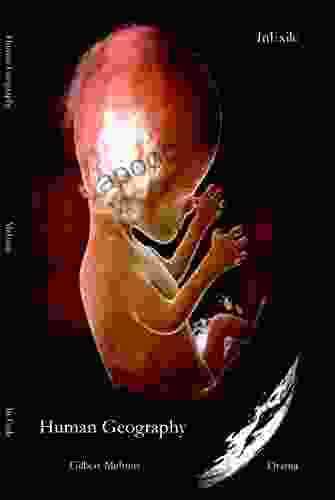
 Corey Green
Corey GreenHuman Geography: A Concise Introduction by Gilbert...
A Journey into the Dynamic Realm of...
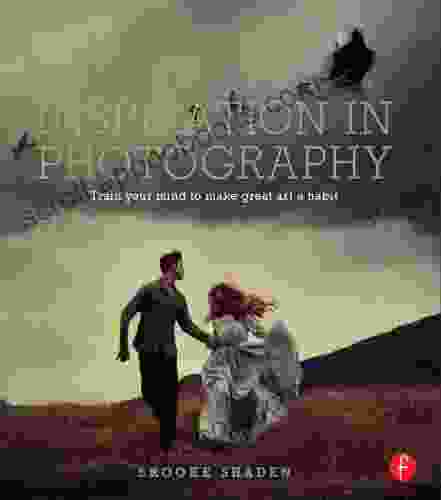
 Julian Powell
Julian PowellTrain Your Mind to Make Great Art a Habit
Do you dream of...

 Matthew Ward
Matthew WardSmall Town Romance: Heart Compass
Escape to Willow Creek, Where...
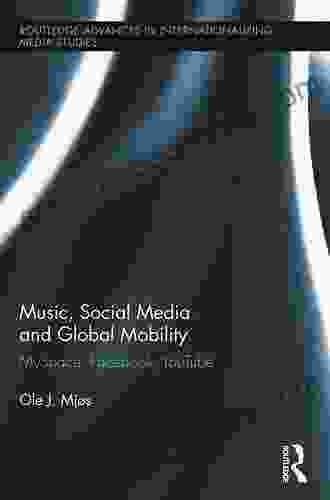
 Neil Parker
Neil ParkerMusic, Social Media, and Global Mobility: Exploring...
: The Convergence of Music, Media, and...
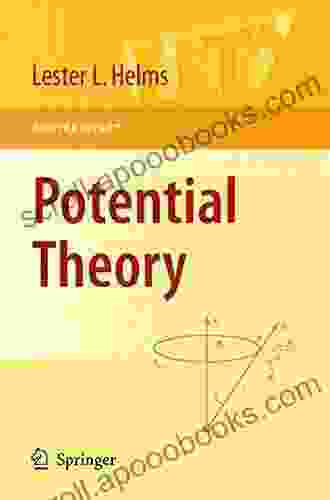
 Seth Hayes
Seth HayesUnlock the Potential of Potential Theory with Brooke...
Embark on an...
4.7 out of 5
| Language | : | English |
| File size | : | 2932 KB |
| Text-to-Speech | : | Enabled |
| Enhanced typesetting | : | Enabled |
| Word Wise | : | Enabled |
| Print length | : | 190 pages |
| Screen Reader | : | Supported |


